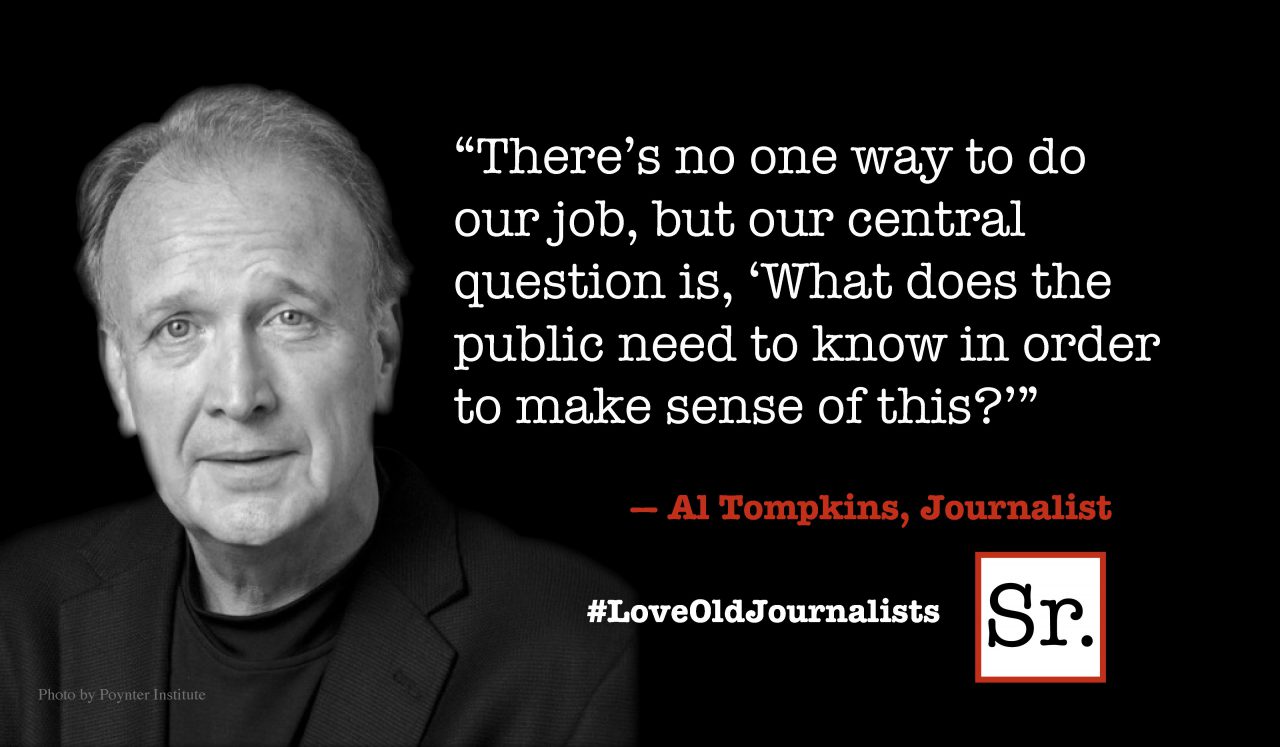It’s one thing to be disappointed if your candidate for president loses. It’s another to be so angry that you want your home state to secede from the United States.
Disgruntled citizens in all 50 states have been signing petitions for secession ever since November 7, the day after Mitt Romney lost the election to President Barack Obama. The first break-away request was filed from Louisiana. Texas followed two days later and has by far the most signatures – close to 120,000.
The Texas petition argues that it is feasible for the state to withdraw from the union because if it were a country, it would be the 15th largest economy in the world. Going it alone “would protect its citizens’ standard of living and re-secure their rights and liberties in accordance with the original beliefs of our founding fathers which are no longer reflected by the federal government.”
The language of petitions from other states reflect similar sentiments. As it happens, the federal government has helpfully provided the disenchanted with a public forum to air their grievances and request policy changes. In September 2011, the White House set up a website, We The People (https://petitions.whitehouse.gov/) for petitions. Those that are backed by at least 25,000 signatures will get an official response from the Obama administration.
By the end of November, six states apart from Texas had reached the threshold that triggers a reply. So had a petition to “deport everyone that signed a petition to withdraw their state from the United States of America.”
What the secession drive means is in the eye of the beholder. One can see it as a sign that the Republican-Democrat divide, already deep before the elections, is growing deeper. Or, looking at the bright side, one can argue that the government providing an official outlet for citizens to blow off steam means that American democracy is in robust good health and the Obama administration listens to the people.
One of the gloomiest assessments of the secession-seekers came from a former Clinton administration advisor, Jeff Schweitzer, who said in an essay in the Huffington Post: “Let’s be clear that the secession movement is racist no matter how vigorously that may be denied. There would be no movement if a white man was sitting in the Oval Office.”
According to Schweitzer, the secession of Texas would actually be a good thing. “We can live without Texas. Our political discourse would return to the center with no ant-science, anti-intellectual, religiously intolerant extremists to skew the debate. Give them Texas…let them create a state of intolerance.”
Not everybody is taking the matter quite as seriously. In Texas, where Romney trumped Obama by more than 1.3 million votes, some clearly saw the matter more as political entertainment best answered with petitions fit for the satirical newspaper The Onion. For example: “Allow the city of El Paso to secede from the state of Texas.
El Paso is tired of being a second class city within Texas.” So far, that has 1,377 signatures. In another city out of synch with the secessionists, Austin, some 9,000 people signed a petition to allow Austin to peacefully withdraw from the state of Texas and remain part of the United.
Perhaps a better gauge of the state of tension between Republicans and Democrat comes from dating services. They have noticed, according to the Wall Street Journal, a sharp increase in the number of single men and women who want to date only members of their own party.
The Journal article noting this phenomenon, drew more than 200 responses, including this one: “As someone who's been single during the entire development of the online dating world (and still use it), and has participated in it quite a bit, here's how I see it. Ten years ago I never saw a profile that listed politics as a qualifier. Now it's pretty common.
“It says something very sad about our society.”








